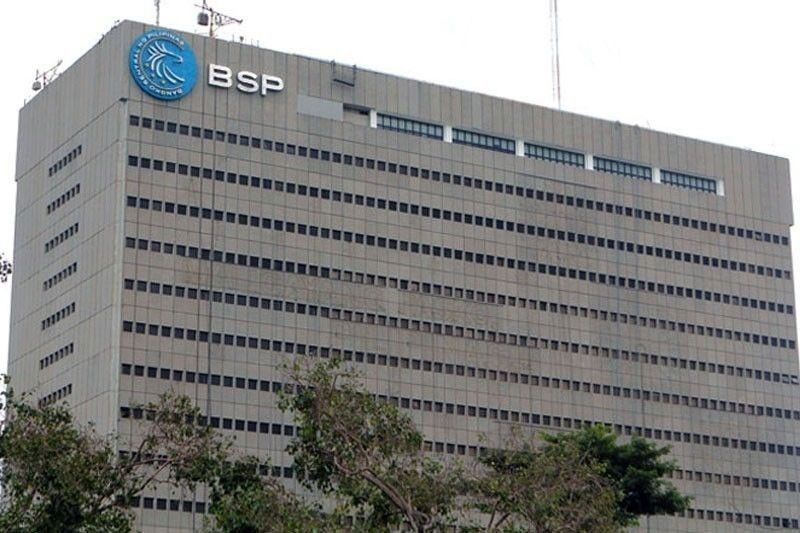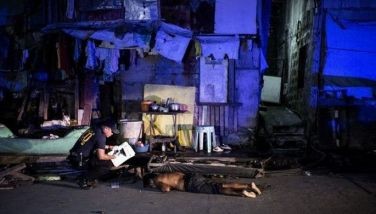Think tank expects BSP staying 'hawkish' amid rice price threat

MANILA, Philippines — The escalating cost of rice in the Philippines has put the Bangko Sentral ng Pilipinas (BSP) on high alert, with the central bank adopting a vigilant stance to forestall potential inflationary impacts, think tank ING bank said.
ING’s lead economist Nicholas Mapa, said that the price increase showed the economy’s vulnerability to “supply-side shocks.”
“Rice inflation, which is the main staple in the Philippines, actually rose 15.8% YoY from 13.2% in the previous month, highlighting vulnerability to supply-side shocks,” Mapa said in a commentary.
“We expect the BSP to maintain its hawkish leaning, possibly extending its pause well into 2024, although the likelihood for additional rate hikes has diminished significantly,” he added.
Recent figures from the Philippine Statistics Authority indicate a slight uptick in rice prices for November.
Well-milled rice reached a suggested retail price (SRP) of P52.36 per kilogram, up from October's P51.67 per kilogram.
Similarly, regular-milled rice saw an increase, hitting P46.96 per kilogram compared to last month's P45.78 per kilogram.
Last Wednesday, BSP Governor Eli Remolona hinted at the central bank's imminent decision regarding interest rates on December 14.
“Hawkish means we could either pause or we could hike on December 14,” Remolona said in an interview with the reporters.
Following an off-cycle 25-basis point increase on October 26 to mitigate inflationary pressures, the central bank maintained its interest rate at 6.5%.
But despite inflation slowing down, Remolona said that the central bank’s monetary policy tightening should be maintained until the country’s inflation enters a "sustained downtrend."
In contrast to Remolona's stance, some experts anticipate a rate cut by the central bank in the second quarter of 2024, presenting differing viewpoints on the monetary policy's trajectory.
- Latest
- Trending





























